How to Start a Firearms Business from Your Home: A 2025 Guide to Home-Based FFL
Posted by Mandu Moses on Mar 28th 2025
A home-based Federal Firearms License (FFL) allows people to conduct firearms-related business activities from their residences, thus avoiding needing a retail or commercial space. This license type is issued by the Bureau of Alcohol, Tobacco, Firearms, and Explosives (ATF). It authorizes the sale, manufacturing, or distribution of firearms, subject to federal, state, and local laws.
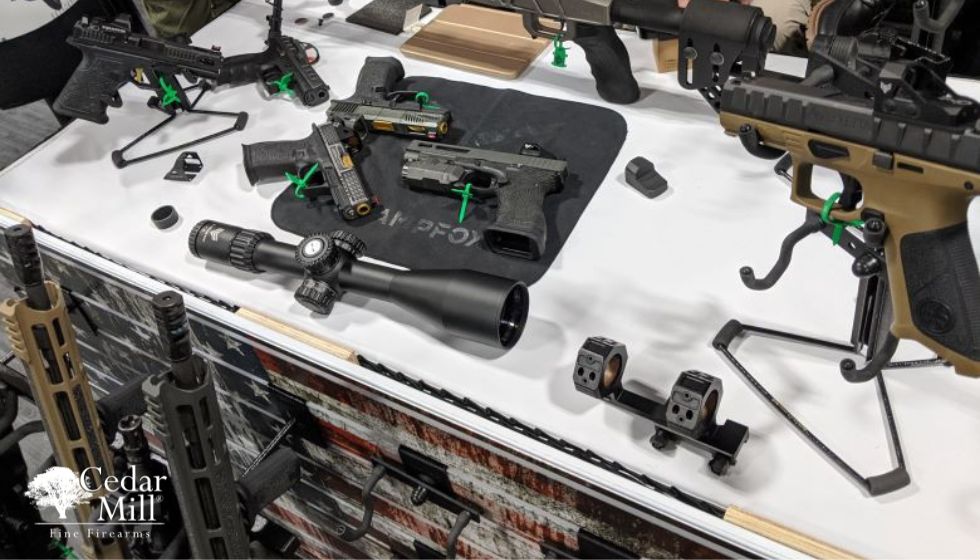
The concept of a home-based FFL is gaining popularity among firearm enthusiasts and small-scale firearm businesses due to its flexibility and reduced overhead costs compared to operating from a separate commercial location. It enables license holders to receive and ship firearms at their homes, saving time and money on transfer fees and allowing them to take advantage of internet sales and deals on auction sites.
Despite its benefits, a home-based FFL requires compliance with various regulations and zoning requirements. Therefore, users must have a clear business plan in place to ensure the approval of their application.
The Legal Lowdown on Home-Based FFLs
Setting up a home-based FFL might seem convenient, but legal complications always await. Here's a quick overview:
Eligibility
- Be at least 21, a citizen or permanent resident of the USA, and have no criminal record.
- Be on the right side of Gun Control Act regulations.
- Legally be allowed to possess a firearm.
- Be truthful on the FFL application.
- Make sure your home complies with local zoning and business operation regulations.
Application Process
- File Form 7/7CR with the ATF, providing details about your business plan and location.
- Pay the application fee and submit fingerprint cards and photos (except for certain licenses).
- Expect a thorough background check, including interviews and inspections.
Regulations
- Adhere to federal firearms laws such as the Gun Control Act and National Firearms Act.
- Comply with applicable state and local firearms sales, storage, and recordkeeping laws.
- Maintain detailed records of all transactions, including buyer information and firearm details.
Compliance

Credit: Wasan Tita
If you don’t meet legal requirements, you can face hefty fines, license revocation, and even criminal charges. Consult a lawyer specializing in firearms law for guidance and ensure you fully understand and follow all regulations before venturing into home-based FFLs.
What Forms Need to be Filed with the ATF and Their Costs
Starting a firearms business from home involves navigating a maze of regulations and ensuring that all necessary forms are correctly filed with the Bureau of Alcohol, Tobacco, Firearms, and Explosives (ATF).
Understanding the paperwork and associated costs is crucial for obtaining and maintaining a Federal Firearms License (FFL). Below, we detail the essential forms, their purposes, and the costs involved.
1. ATF Form 7/7CR (5310.12/5310.16) - Application for Federal Firearms License
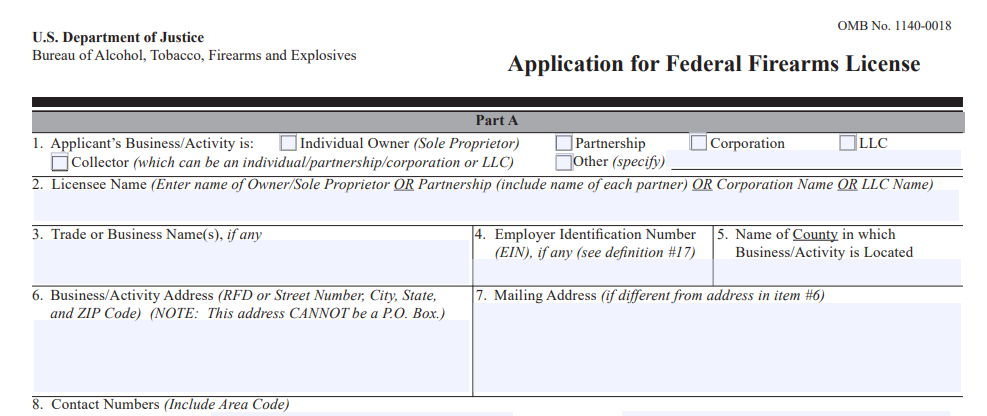
Purpose: This form is the primary application for obtaining a Federal Firearms License. It includes detailed sections on personal information, business details, and intended activities. The form has different versions depending on the type of FFL you are applying for (dealer, manufacturer, or collector).
Requirements
- Fingerprint Cards (FD-258): Submit two fingerprint cards with your application.
- Photographs: Include a passport-sized photo for each responsible person listed on the application.
- Background Check: The ATF will conduct a thorough background check, which includes interviews and inspections.
Cost
- Type 01 (Dealer): $200 for the first three years, $90 for each subsequent three-year renewal.
- Type 07 (Manufacturer): $150 for the first three years, $150 for each subsequent three-year renewal.
- Type 03 (Collector of Curios and Relics): $30 for three years.
2. ATF Form 5300.37/5300.38 - Application for an Amended Federal Firearms License

Purpose: This form is used to make changes to an existing FFL, such as changing the address, adding a new business location, or updating the business name.
Requirements
- Notification: Must notify the ATF 30 days before the intended change.
- Supporting Documentation: May include updated business licenses or zoning approvals depending on the nature of the change.
Cost
- No Fee: Generally, there is no fee associated with filing this form.
3. ATF Form 4473 - Firearms Transaction Record
Purpose: This form is required for every firearm transaction conducted by an FFL holder. It records information about the buyer and the firearm being transferred, ensuring compliance with federal regulations.
Requirements
- Completion: Must be completed by both the buyer and seller (FFL holder) during the transaction.
- Record Keeping: Maintain completed forms for at least 20 years as part of your business records.
Cost
- No Direct Cost: The form itself is free, but compliance with record-keeping requirements may incur indirect costs.
4. ATF Form 5300.9A - Employee Possessor Questionnaire

Purpose: This form is required for any employee who will possess firearms as part of their duties under the FFL. It helps the ATF verify employees' eligibility to handle firearms.
Requirements
- Employee Information: Include personal details and criminal history information for each employee.
Cost
- No Direct Cost: The form is free, but ensuring all employees meet the eligibility requirements may involve additional background checks and training costs.
5. FFL Renewal Application
Purpose: To renew your FFL before it expires. The renewal process ensures that the FFL holder continues to meet all requirements and remains in compliance with federal laws.
Requirements
- Timely Submission: Submit the renewal application before the current license expires.
- Review: The ATF will review your business activities and compliance history.
Cost
- Renewal Fees: Similar to the initial application fee, depending on the license type (e.g., $90 for Type 01 Dealers, $150 for Type 07 Manufacturers).
Additional Costs to Consider
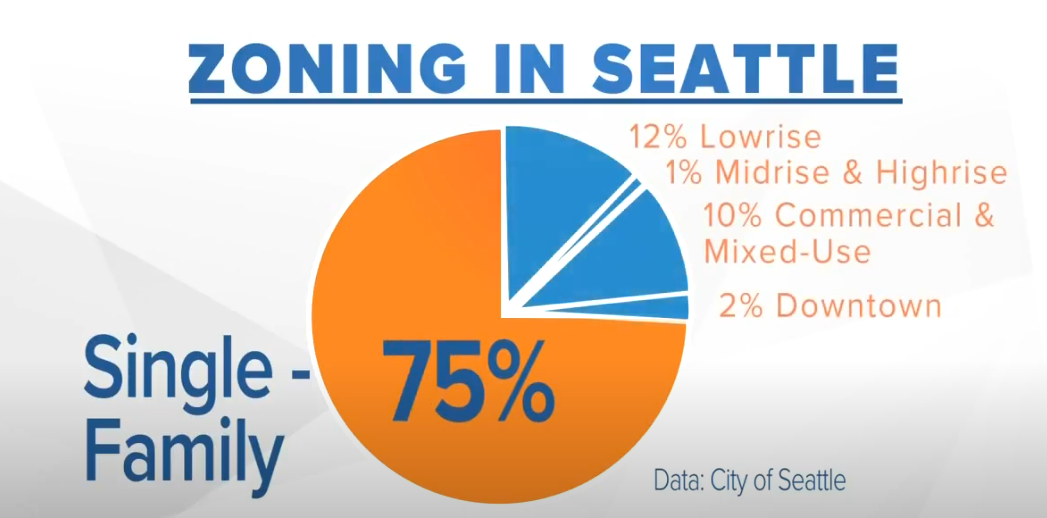
Credit: Seattle.gov
Zoning and Local Compliance
- Zoning Permits: Costs vary by locality but can range from $100 to $1,000 or more depending on the complexity of local zoning laws and the need for hearings or additional documentation.
- Business Licenses: Local business license fees can vary widely but generally range from $50 to several hundred dollars annually.
Security Measures
- Security Systems: Investing in a quality security system, including alarms and surveillance cameras, can cost between $500 and $2,000.
- Gun Safes: High-quality gun safes can range from $500 to $2,000, depending on size and features.
Insurance
- Business Insurance: Policies covering inventory, liability, and other risks typically start at $500 per year but can increase depending on coverage limits and business size.
Benefits of Home-Based FFL
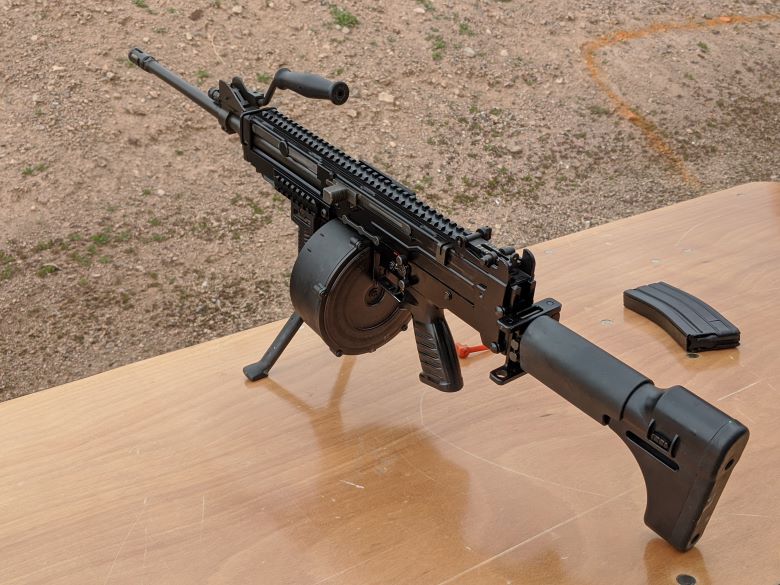
Are you looking to start a firearms business but are hesitant about the hefty costs? A Home-Based FFL might be your answer! Here's why:
- Boost Profits: With home-based FFL, you can operate from your home office, saving significant cash. Lower expenses translate to higher profit margins, making your business more competitive.
- Flexibility: It enables you to set your hours and work at your own pace. You can easily manage your family, hobbies, and your business.
- Convenience: With a home-based FFL, commuting to a separate location is no longer necessary. Meet customers at your home office or ship directly from there. Save time, energy, and resources.
- Helps You Focus on What Matters: Home-based FFL allows you to skip the daily commute and spend more time on what truly matters – growing your business, connecting with customers, and offering exceptional service.
- More Than Cost-Savings: A Home-Based FFL offers flexibility and convenience, allowing you to build a business that fits your lifestyle and aspirations.
Challenges and Considerations
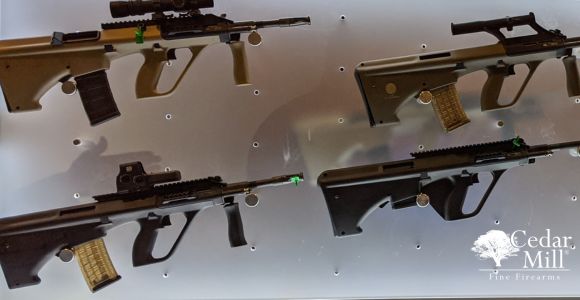
Operating a Federal Firearms License (FFL) from home offers several benefits but presents unique challenges such as:
Zoning Restrictions: Municipalities often have zoning ordinances restricting commercial activities in residential areas. Research local regulations thoroughly and ensure your home-based FFL complies.
Security Measures: Firearms require tight security. You should invest in a secure gun safe bolted to the foundation, alarm systems, and video surveillance. Moreover, inspect your security measures regularly and ensure compliance with ATF storage regulations.
Stigma and Community Concerns: Neighbors might express concerns about a home-based FFL. You should address these proactively by being transparent about your operations, adhering to regulations, and maintaining open communication with your community.
Overcoming Challenges
- Transparency: Communicate the nature of your business to authorities and neighbors and obtain necessary permits and licenses.
- Prioritize Safety: Implement strong security measures exceeding basic requirements while also conducting regular safety checks and training.
- Be a Good Neighbor: Respect community concerns and proactively address them. This helps build positive relationships with your surroundings.
- Seek Professional Guidance: Consult legal and industry professionals to ensure compliance with zoning regulations, ATF guidelines, and best practices.
Setting Up Your Home-Based FFL

Turning your passion for firearms into a home-based FFL business is an exciting undertaking. It, however calls for meticulous planning. Here are some key steps to set up your operation:
Equipment Essentials
- Secure Gun Safe: Invest in a high-quality gun safe that meets ATF standards for secure firearm storage.
- Computer and Printer: Manage records, complete forms, and generate invoices efficiently.
- Bound Book: Maintain a detailed record of all firearm transactions as required by law.
- Signage Optional: Identify your business entrance and operating hours.
Storage
- Separate Storage: Dedicate a secure, locked space for firearm storage separate from your living quarters.
- Inventory Organization: Clearly label and organize firearms for easy identification and retrieval.
- Ammunition Control: Store ammunition securely in a separate location following safe handling practices.
Workspace Organization

Photo by Carlos Muza
- Dedicated Area: Establish a professional workspace for conducting transactions and paperwork.
- Clear Boundaries: Ensure proper separation between your business area and personal living space.
- Privacy and Security: Maintain confidentiality for customer information and financial records.
Operation & Professionalism
- Zoning Compliance: Verify local zoning regulations and obtain necessary permits if required.
- Insurance Coverage: Secure appropriate insurance for your business and firearms inventory.
- Customer Service: Uphold professional conduct and courtesy when interacting with customers.
By following these tips, you lay a strong foundation for smooth operations.
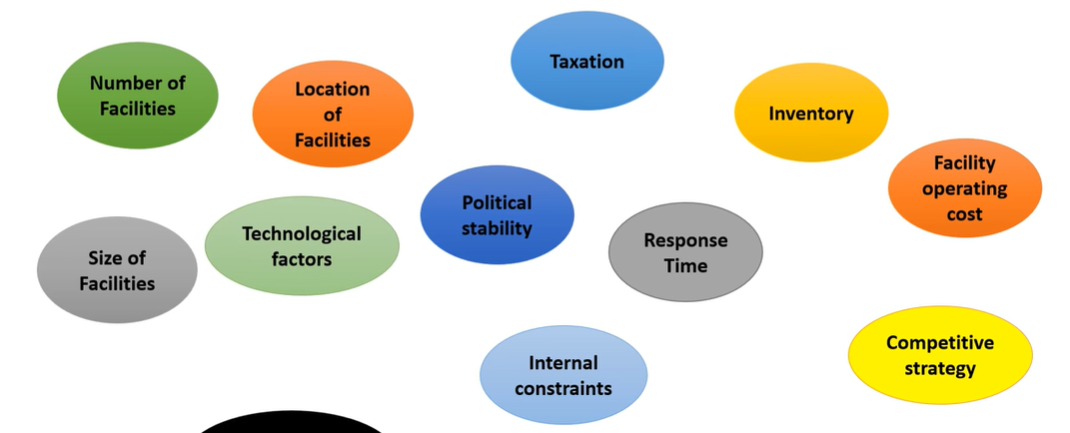
Marketing & Networking Success
Launching your home-based FFL requires a strategic approach to reach potential customers. Here's how to effectively market your business:
-
Leverage the Power of Community
- Connect with local gun ranges, clubs, and hunting groups. Offer educational seminars or discounts to their members.
- Participate in gun shows and industry events. Showcase your inventory, network with potential customers and vendors, and build brand awareness.
- Build an online presence. Create a user-friendly website showcasing your services, inventory, and contact information. Utilize social media platforms relevant to the firearms community, but be mindful of advertising restrictions.
-
Cultivate Trust and Relationships
- Offer exceptional customer service. Be knowledgeable and responsive, and prioritize safety and compliance.
- Word-of-mouth is your best friend. Encourage satisfied customers to share their experiences and recommend your business.
- Partner with local businesses. Collaborate with gun stores, gunsmiths, or firearm instructors for cross-promotion opportunities.
-
Be Strategic and Targeted
- Identify your niche market. Do you specialize in specific firearms, accessories, or services? Tailor your marketing efforts accordingly.
- Offer competitive pricing and unique value propositions. Highlight your personalized approach, convenience, or specialized knowledge.
- Track your marketing results. Analyze what works and adapt your strategies for continuous improvement.
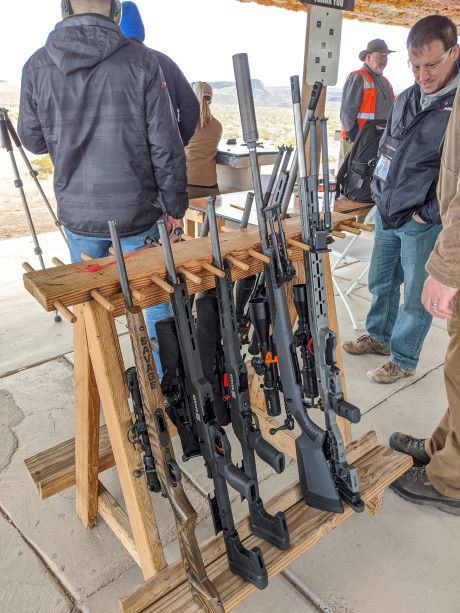
Cultivating Trust Through Stellar Customer Service
In the firearm industry, trust, responsibility, and exceptional customer service are paramount. As a home-based FFL, you can build deeper, more personalized relationships with your customers. Here's how:
Building Trust
- Be Knowledgeable: Equip yourself with in-depth knowledge of firearms, regulations, and compliance. Customers rely on you for accurate information and guidance.
- Prioritize Transparency: Be upfront about your offerings, pricing, and limitations. Avoid misleading or ambiguous language that erodes trust.
- Be Accessible: Make yourself readily available for questions and concerns. Respond promptly and professionally, fostering open communication.
Ensuring Satisfaction
- Go the Extra Mile: Exceed expectations by offering personalized recommendations, flexible scheduling, and clear communication throughout the transfer process.
- Listen Actively: Take the time to understand your customers' needs and concerns. Address them directly and empathetically.
- Seek Feedback: Regularly solicit feedback to identify areas for improvement and demonstrate your commitment to continuous improvement.
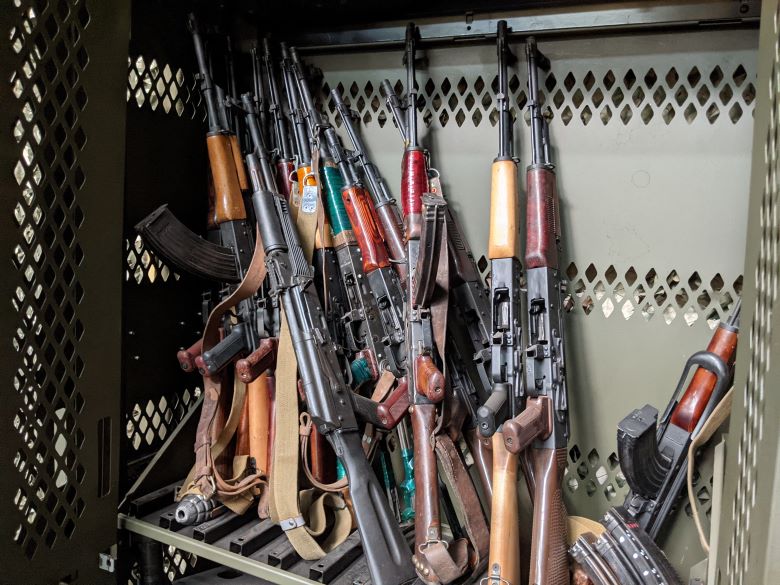
Satisfied customers are your best advocates. You can sell shotguns, rifles, revolvers, and handguns through home-based FFL. Here are some popular options;
Revolvers: Smith & Wesson Model 686, Colt Python, Ruger GP100, Taurus Judge,
Handguns: Glock 19, Smith & Wesson M&P Shield, Sig Sauer P320, Beretta 92FS, Springfield XD-M, etc.
Bolt Action Rifles: Remington 700, Savage Model 110, Tikka T3,
Tactical Lever Action Rifles: Henry Big Boy X .357 Magnum, Marlin Model 336, Henry Repeating Arms All-Weather, Winchester Model 94
Shotguns: Benelli M4 (Semi-automatic), Beretta 1301 Tactical (Semi-automatic), Browning A5 (Semi-automatic), Mossberg 500 (Pump-action), Remington 870 (Pump-action)
The Bottom Line
Owning a Home-Based FFL offers unique opportunities for firearm enthusiasts and entrepreneurs. However, it requires careful consideration, thorough research, and an unwavering commitment to legal compliance and responsible business practices. Weigh the pros and cons, assess your resources, and seek professional guidance before embarking on this exciting yet demanding venture.
